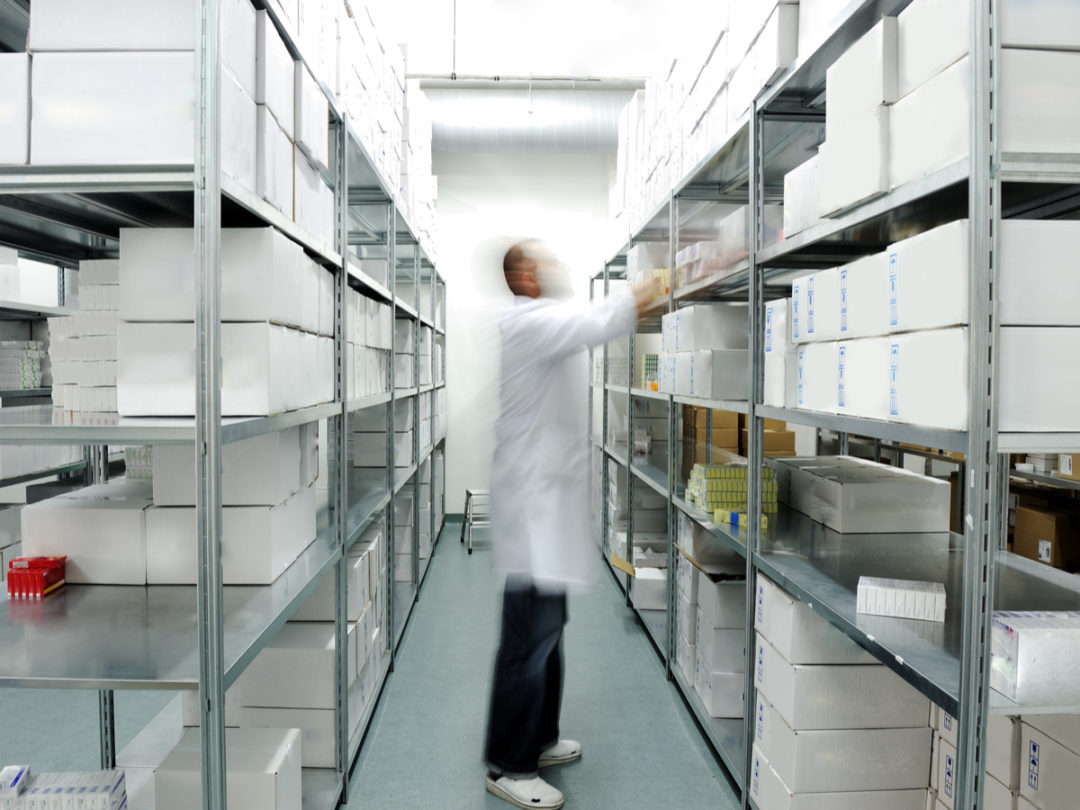
Visit Our Sponsors |
|
|
|
|
|
|
|
|
|
|
|
|
|
|
|
|
|
|
|
|
|
|
|
|
|
|
|
|
|
|
|
|
|
|
|
|
|
|
|
|
|
|
|
|
|
|
|
|
|
|
|
|
|
|
|
|

Pharma companies ramped up their stockpiles of drugs to prepare for a potentially chaotic Brexit. Now they’re in the dark about how long they’ll need to hold them.
As uncertainty surrounding the U.K.’s withdrawal from the European Union drags on, the costs and frustration are mounting. Novo Nordisk A/S, the world’s largest insulin maker, is keeping inventories of the life-saving medicine at more than twice normal levels and topping them up as products move to the market.
“It costs a lot more money,” Pinder Sahota, Novo’s U.K. general manager, said in an interview. “But it’s really important we have robust plans in place because the last thing we want to do is to let our patients down.”
Bracing for possible border delays in the event of a messy, no-deal Brexit, pharma companies are trying to ensure the steady flow of vital medicines to patients. After U.K. and European Union leaders agreed to push Brexit back to the end of October, drugmakers are sharing the pain of another six months of uncertainty that’s hitting British companies across the board.
Long Wait
“How long are we going to be overstocked?” said Hugo Fry, managing director of French drugmaker Sanofi’s U.K. business. “There’s a certain level of balance sheet pressure that comes into play. How long do we wait? In theory, the European Union could give another extension.”
Among other Brexit preparations, Sanofi has augmented its U.K. supplies to about 16 weeks on average. If principal routes are disrupted, the French drugmaker will have to fly its flu vaccine into the U.K., a costly step, Fry said. Novo plans to keep stockpiles at roughly 18 weeks, while it has pushed back access to space that it reserved on airplanes to move its products.
“It’s a problem and there are definitely going to be costs involved,” said Beau Noafshar, a pharma and health-care analyst at Fitch Solutions in London. “They won’t be material to their overall operations, but it’s creating ongoing pain, and there’s not much they can do about it.”
The pharma sector has long warned that drug shortages could occur if shipments pile up at the border. Many products, like diabetes drugs sold by Novo and Sanofi, rely on cold storage and must be kept carefully within a certain temperature range, compounding the challenge and cost.
“We don’t want huge inventory sitting around,” Fry said.
Some big pharma companies are likely to “turn down, but not turn off” their Brexit planning measures, according to Brian Connell, a supply-chain consultant with KPMG. That could include cutting back some of their stockpiles, because they see a lower risk of a no-deal Brexit.
Unprecedented Situation
Keeping extra supplies on hand is only one of the challenges. Brexit raises questions about new investment in manufacturing in the U.K. and bringing talented people into the country, according to John Rountree, a managing partner at consulting firm Novasecta Ltd. in London.
Novo opened a center at the University of Oxford last year that’s expected to employ up to 100 researchers. While Brexit hasn’t affected those plans yet, “there is a potential risk,” Sahota said.
The Danish drugmaker has begun working with the Association of the British Pharmaceutical Industry lobbying group to get government guidance on how to prepare for Brexit in light of the latest developments and whether current plans are sufficient, Sahota said. While the initial effort to expand storage space and increase stockpiles was more disruptive, maintaining those additional products through the delays comes at a cost, he said, declining to give an estimate.
“This is unprecedented,” he said. “I’ve never been in a situation where I’ve had to plan for all eventualities over such a long period of time.”
RELATED CONTENT
RELATED VIDEOS
Timely, incisive articles delivered directly to your inbox.







